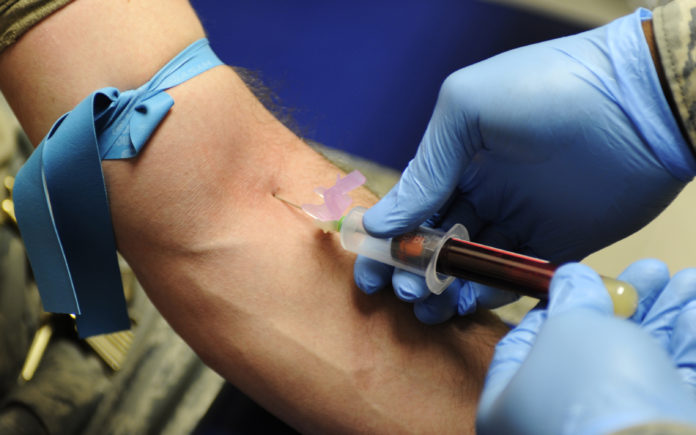The judgement means passive euthanasia with the patient’s consent will now be a reality in India
In a landmark judgement on Friday the Supreme Court allowed advance directives – a “living will” – that allows people to decide in advance whether they want to be put on life support or not. It has been a fraught question, not the least because a law to this effect – The Medical Treatment or Terminally Ill Patients (Protection of Patients and Medical Practitioners) Bill – has been pending for long now.
An advance directive is defined as instructions issued by an individual that “he or she… shall or shall not be given medical treatment in future when or he she becomes terminally ill”.
The apex court said that its judgement will hold till government brings a law. Justices DY Chandrachud, AK Sikri and Ashok Bhushan wrote separate judgements but all of them concurred with the main verdict allowing passive euthanasia and Advance Directive. Justice Chandrachud said “life and death are inseparable..every moment our bodies undergoes changes…change is the norm…life is not disconnected from death…to be is to die…dying is a part of the process of living”.
An advance directive is defined as instructions issued by an individual that “he or she… shall or shall not be given medical treatment in future when or he she becomes terminally ill”. The “medical treatment” in this case is a life sustaining procedure/drug so that death can be delayed.
A long time has elapsed from the time when euthanasia became a part of the public discourse in India. One of the first cases centered around the case of Aruna Shanbaug, the nurse at King Edward Memorial Hospital who was raped in the hospital and stayed there in a vegetative state for 42 years before dying of natural causes in 2015. In her case the court did not allow euthanasia – the woman who had petitioned for it has brought Aruna’s story to the world and those opposing it were KEM nurses who for generations had cared for Aruna in such a way that she did not even have a bedsore despite being bedridden for such a long time. However the seeds of the present SC judgement perhaps lay in that case.

In its 2011 verdict on the petition to allow euthanasia for Aruna, the Supreme Court had said: “If the doctor acts on such consent (expressed at an earlier date before he/she became unconscious or otherwise incapable of communicating it, as by a living will or by giving written authority to doctors in anticipation of his/her incompetent situation) there is no question of the patient committing suicide or of the doctor having aided or abetted him in doing so. It is simply that the patient, as he is entitled to do, declines to consent to treatment which might or would have the effect of prolonging his life and the doctor has in accordance with his duties complied with the patient’s wishes.” (Aruna Ramchandra Shanbaug vs Union Of India & Ors)
The SC judgement is no doubt progressive in that it upholds a person’s right to live and die with dignity. But what is also very interesting is that in an ideal world, advance directives would probably be required in a very small percentage of cases.
The key lies in what has been described as training in “good medical practice”. In an article “The Future Prospects for Living Wills,” D Greaves: wrote in the December 1989 issue of the Journal of Medical Ethics: “Doctors in both the USA and Britain have an ethical and legal duty to forego medical treatment for incompetent patients who have not made their wishes known, and where the burdens of treatment outweigh the benefits. Many doctors do not fulfil their obligations to their patients in this respect, either through ignorance or personal conviction, so that overall decisionmaking is variable and arbitrary according to which doctor the patient happens to come under. It may well be that this applies as much to doctors who withhold appropriate treatment in some cases, as well as in the more familiar cases where doctors continue with unduly burdensome treatment.”
The link between medical ethics and advance directives is not obvious but the roots run deep.


